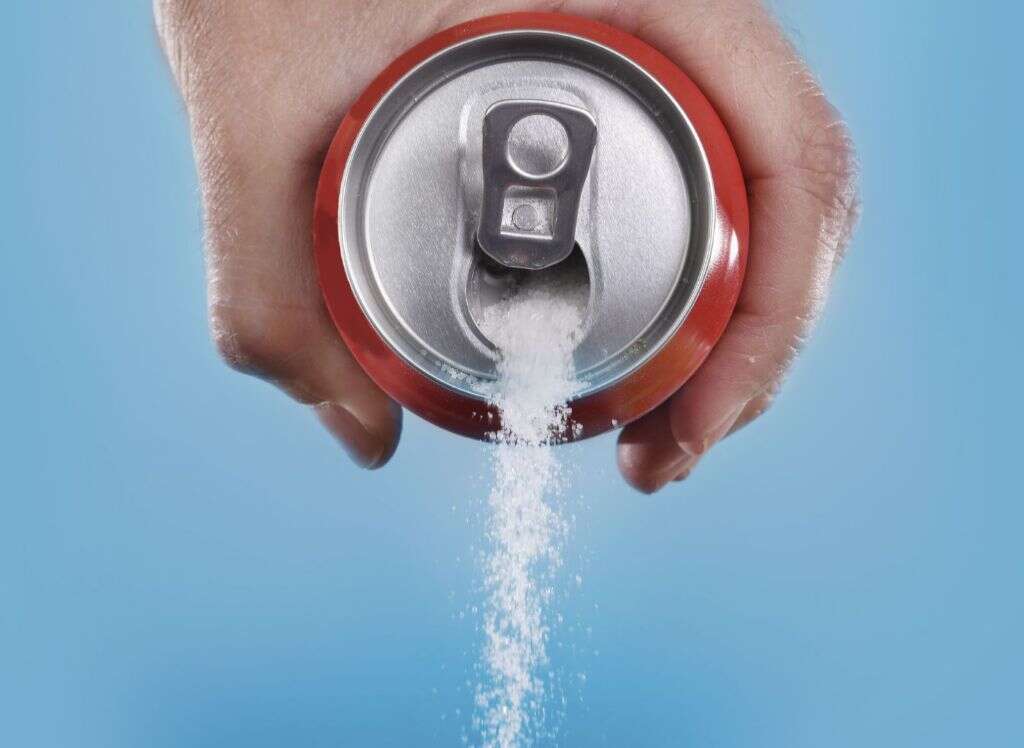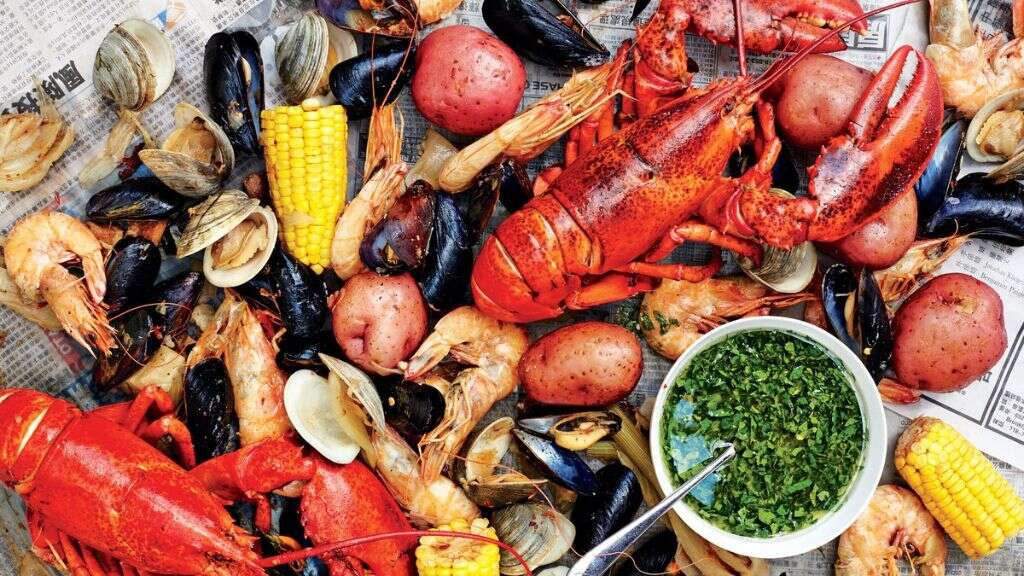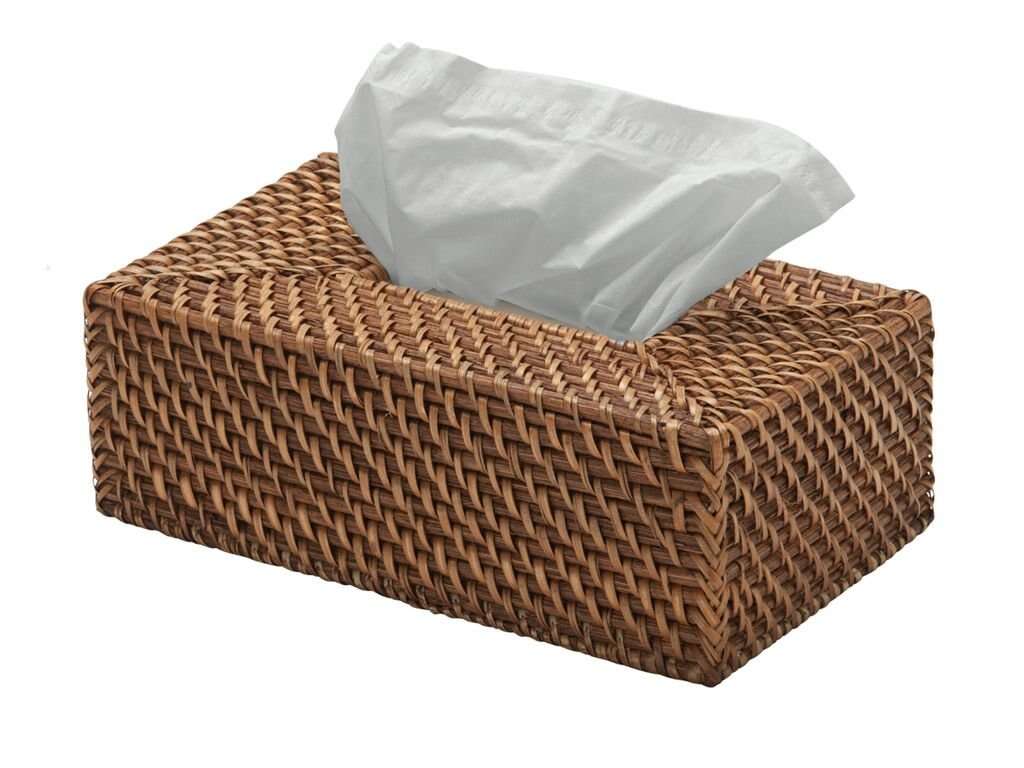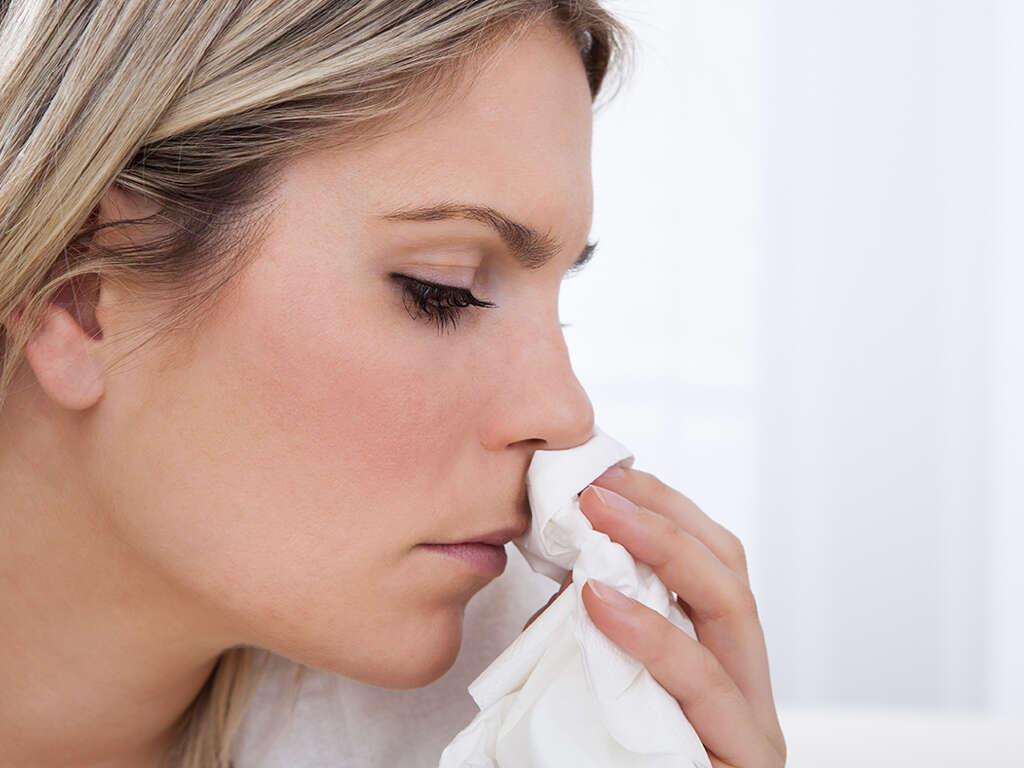10 Foods That Cause Mucus
Mucus is a slippery secretion produced by the mucous membranes. It is usually produced from both serous and mucous cells in the mucous glands. Mucus is a viscous colloid with antiseptic properties and contains immunoglobulins, inorganic salts, and glycoproteins such as mucins and lactoferrin.
The function of mucus is to protect the epithelial cells lining the urogenital, gastrointestinal, respiratory, auditory, and visual system. In the respiratory system, mucus protects the lungs as it helps to trap foreign particles that are breathed in from the nose. The mucus is then continually moved toward the oropharynx to ensure harmful pathogens do not enter the lungs during breathing. Mucus also helps moisturize the inhaled air and prevent the mucous membranes from drying out.
Mucus secretion may increase, especially in disorders such as influenza, common cold, asthma, allergies, and chronic bronchitis. While the presence of mucus is normal, excessive mucus can cause discomfort as it impedes breathing. It can be cleared through the expectoration of phlegm or blowing of the nose. Individuals experiencing excessive mucus secretion can also adapt their lifestyle by avoiding certain foods that increase mucus production. Some of the foods that cause mucus production are discussed in this article.
Mucus Causing Food #1: Refined Grains
Refined grains refer to products made from grains or grain flours that have modified compositions. The modification process usually involves the removal of germ and bran through sifting or grinding. Further refining processes include bleaching, mixing, and brominating. For additional benefits, iron, thiamin, niacin, and riboflavin can also be added to enrich the product.
Refined grains may cause mucus production. It would be better to opt for whole grains as they provide more minerals, vitamins, fiber, and antioxidants compared to their refined counterparts. While refined grains can increase mucus production, whole grains can reduce it.
Mucus Causing Food #2: Added Sugars
Added sugars refer to sugars that do not occur naturally. For example, it includes cane sugar, fructose, and high fructose corn syrup that is added to food and beverages to make it taste sweet. These added sugars contain calories but very few nutrients. This is important as sugars can increase mucus production.
Added sugars can often be found in commercially made pastries, cakes, cookies, pies, candy, chocolate, soft drinks, sweetened iced tea, fruit punch, and energy drinks. It should be noted that there are no added sugars in fruits as the sugars found in fruits are naturally occurring. Besides mucus production, added sugars are also implicated in obesity and metabolic syndrome.

Mucus Causing Food #3: Refined Oil
Refined oils can be made through several processes (or a combination) such as degumming, distilling, neutralization, dewaxing, deodorizing, bleaching, or the addition of preservatives. Most cooking oils available commercially are refined to achieve a uniformed appearance, smell, and taste along with a longer shelf life.
If possible, choose unrefined oils, which are easily available at most health food markets. Unrefined oils are often those labeled as virgin, raw, or pure oils. Refined oils such as sunflower oil, canola oil, corn oil, and safflower oil may increase mucus production.
Mucus Causing Food #4: Shellfish
Shellfish refers to aquatic invertebrates such as echinoderms, mollusks, and crustaceans. It is an important food source for us and includes crabs, squids, octopuses, oysters, and clams.
Although commonly eaten, it is estimated that about 1 percent of the global population suffer from a seafood allergy with about 20 percent of these individuals growing out of their allergy with time. Shellfish is a food that may increase mucus production or thickness due to its allergens.

Mucus Causing Food #5: Soy Products
Soy products are products made from soybeans. The soy or soya bean is a legume native to East Asia. It is a cheap protein source used in many packaged meals, dairy substitutes, and meat substitutes. The soy beans contain significant levels of dietary minerals, vitamin Bs, and phytic acid.
Soy can be found in many products available in stores. However, allergy to soy is common and it is listed among other foods that can cause allergy such as shellfish, milk, peanuts, eggs, and tree nuts. Due to its notoriety as an allergen, it is also for this reason that it may increase mucus production.
Mucus Causing Food #6: Dairy Products
Dairy products, or milk products, refer to food made from mammalian milk such as camels, goats, sheep, buffaloes, and cattle. It includes items like yogurt, butter, and cheese. Dairy products are consumed globally. However, it can be an issue for those who have a milk allergy or lactose intolerance. Excessive consumption of dairy products can also lead to obesity, cardiovascular issues, and high cholesterol.
While the consumption of dairy products does not cause mucus production, it can increase the viscosity of mucus, making it thicker. It can also contribute to mucus production if the individual is allergic to it. The leftover food particles from dairy products can putrefy and be coated by mucus, which contributes to the thinking that dairy products cause mucus.

Mucus Causing Food #7: Gluten
Gluten is a common protein in grains like rye, wheat, and barley. Gluten is the component responsible for the chewy texture in bread. It is very commonly found in various processed foods, vegetarian protein products, sauces, breads, cereals, and pasta. Although there are different types of gluten like rice or corn gluten, wheat gluten is the one that causes the most problems.
Many individuals with gluten allergy and intolerance are often undiagnosed or unaware of the issue. With time, the damage from gluten accumulates. This is also why gluten-related issues may not be known until a later point in life. Gluten intolerance also manifests differently. In some, it can cause excessive mucus production, leading to a chronic cough often mistaken for asthma.
Mucus Causing Food #8: Coffee
Coffee is a drink made from roasted coffee beans. It is bitter, acidic, and has a stimulating effect due to its caffeine content. One of the most popular drinks in the world, it can be made and presented in various ways. Coffee also contains histamines that can trigger various reactions such as migraines, headaches, and increased mucus production.
Histamine can be found in various foods and beverages with varying levels that depend in the freshness and maturation of the food. Although most individuals are not sensitive to histamines, those who are sensitive can improve their quality of life by avoiding these foods.

Mucus Causing Food #9: Tree Nuts
Tree nuts refer to edible seeds such as Brazil nuts, almonds, chestnuts, hazelnuts, cashews, pecans, macadamia nuts, walnuts, shea nuts, and pistachios. Tree nut allergy is different from peanut allergy as peanuts are legumes.
Like soy products, tree nuts can increase mucus production as they increase histamine production in the body. To keep track of foods that can cause increased mucus production, it is recommended to keep a food journal and take note of the symptoms to identify the potential triggers.
Mucus Causing Food #10: Processed Meats
Processed meats are meats that have been modified to increase shelf life or improve the taste. It involves processes such as fermentation, salting, smoking, and curing. Some examples of processed meats are corned beef, salami, bacon, ham, jerky, sausages, and canned meat.
A 2016 report found that the increased consumption of processed meats is linked to a higher likelihood of stomach cancer due to the use of various preservatives. It also increases the production of mucus as processed meats cause the body to produce more histamine.










